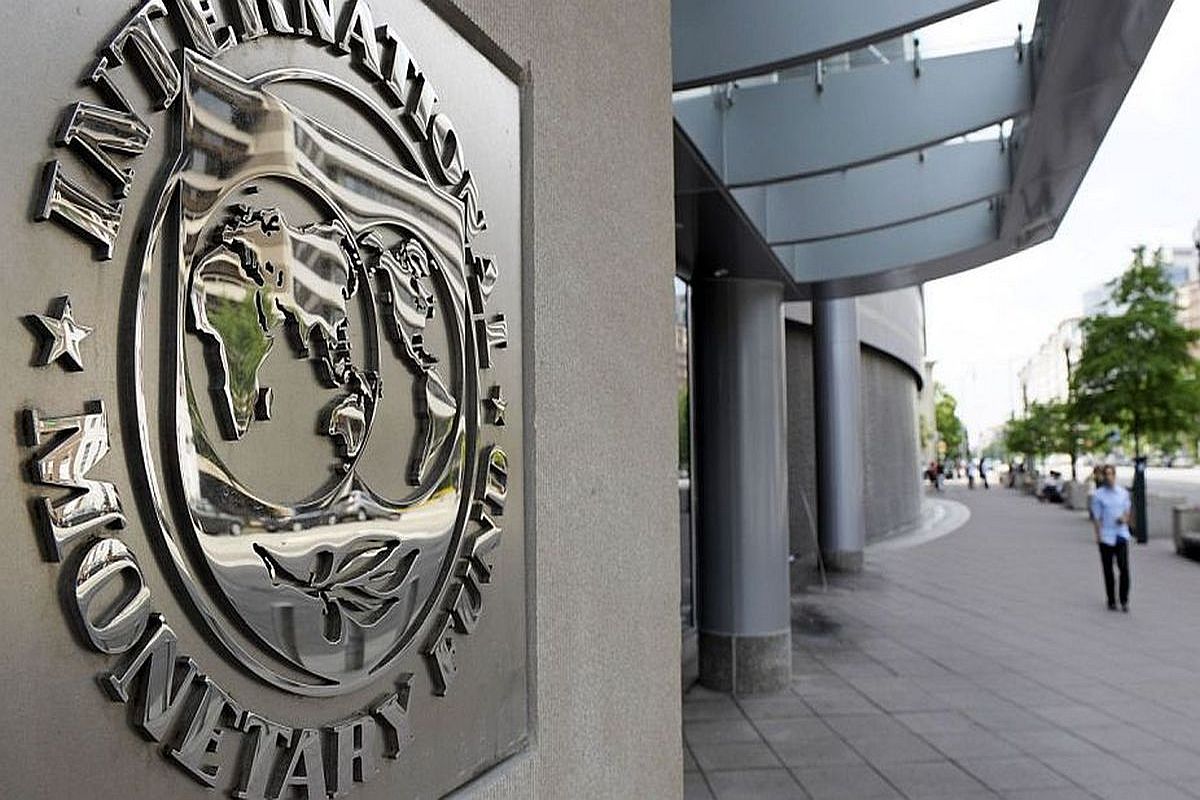Reforms in states
The first generation of fiscal reforms in the states started with the enactment of Fiscal Responsibility and Budget Management Acts (FRBMA) between 2006 and 2010 at the prodding of the 12th Finance Commission.
Global economy is now projected to contract 4.4 per cent in 2020, as per IMF’s latest estimate.

The IMF now estimates an 8.8 per cent growth in the country's GDP in FY22, higher than the previous estimate of 2.8 per cent. (Photo: iStock)
With the coronavirus pandemic still to be contained and the central government’s stimulus measures having limited impact on economic activities and consumer demand, the outlook for the Indian economy for the current financial year has only worsened.
In its latest global outlook, the International Monetary Fund (IMF) predicts that India’s GDP will contract by 10.3 per cent in the 2020-21 fiscal. This is a downward revision of its previous estimate of 5.8 per cent.
Advertisement
The outlook for the next financial year (2021-22), however, has improved. The IMF now estimates an 8.8 per cent growth in the country’s GDP in FY22, higher than the previous estimate of 2.8 per cent.
Advertisement
Noting that all emerging market and developing economy regions are expected to contract this year, IMF’s World Economic Outlook said: “Revisions to the forecast are particularly large for India, where GDP contracted much more severely than expected in the second quarter. As a result, the economy is projected to contract by 10.3 per cent in 2020, before rebounding by 8.8 per cent in 2021.”
Global economy is now projected to contract 4.4 per cent in 2020, as per IMF’s latest estimate.
In her foreword to the World Economic Outlook, IMF Chief Economist Gita Gopinath noted that preventing further setbacks to the global economy will require that policy support is not prematurely withdrawn.
“The path ahead will require skilful domestic policies that manage trade-offs between lifting near-term activity and addressing medium-term challenges,” she said.
Advertisement